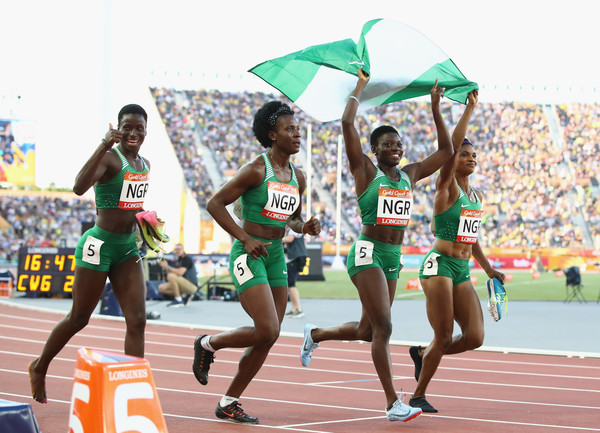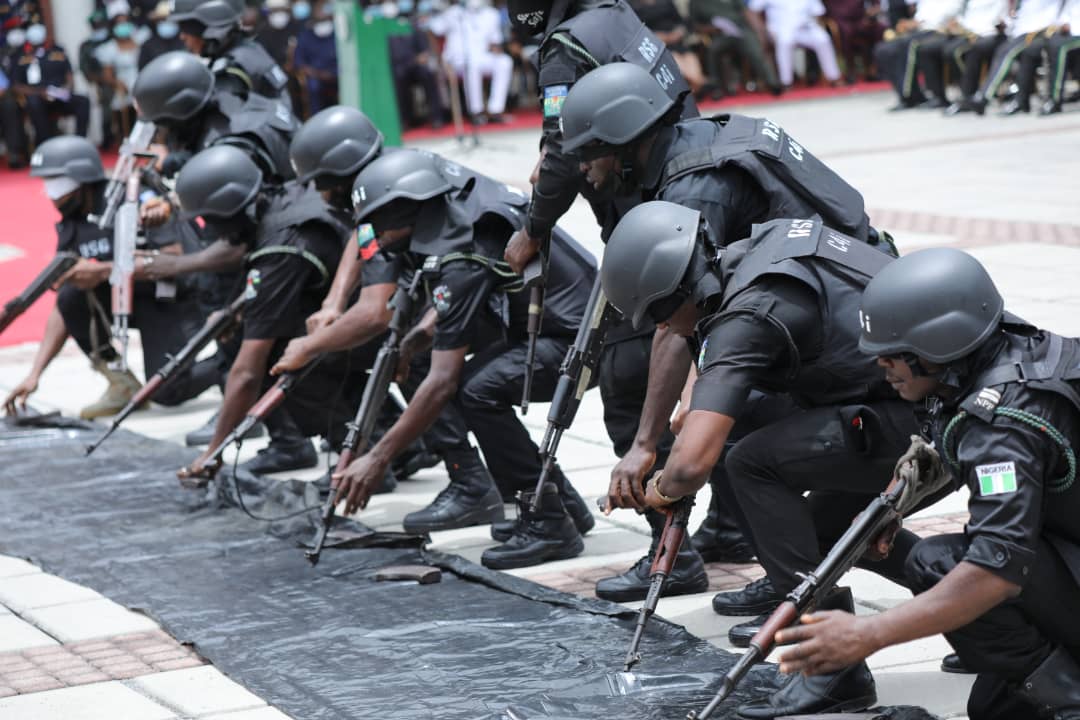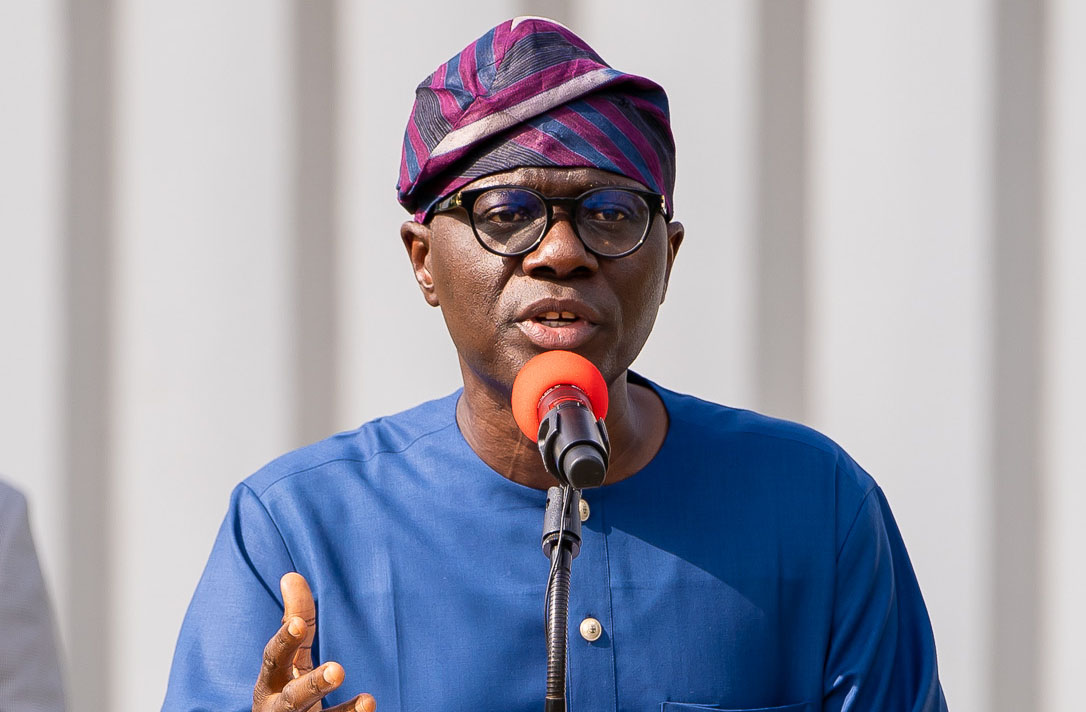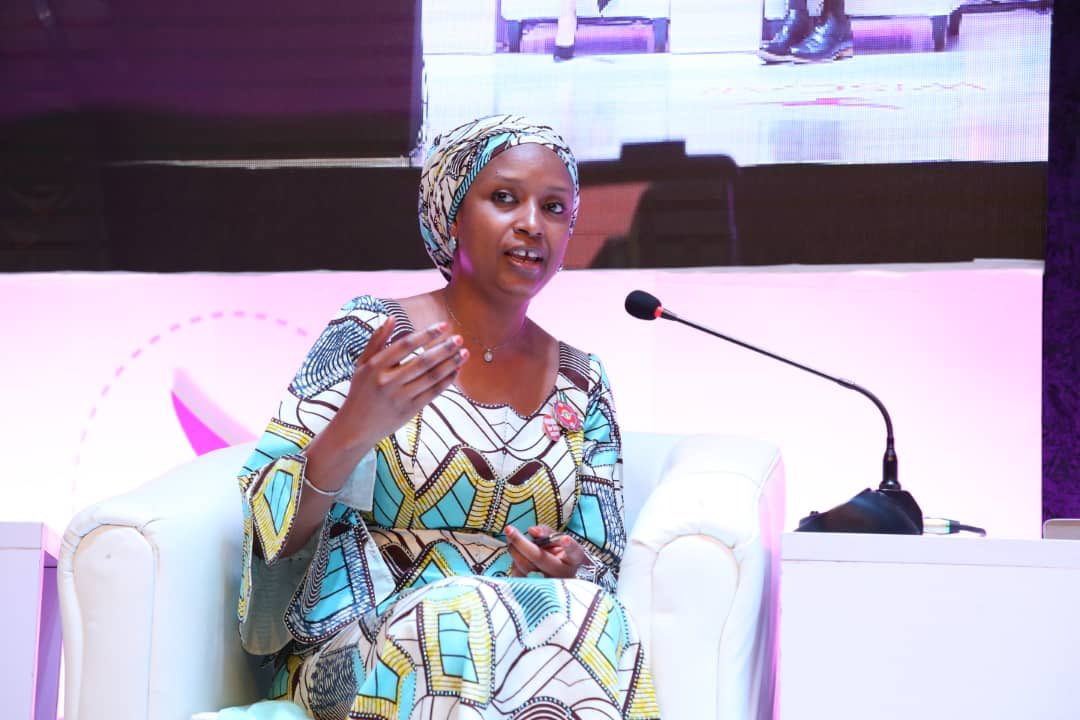Nigeria out of World relays over AFN, sports ministry rift
The youth unemployment problem has been the subject of so many debates in recent years because of its prevalence in Africa. The youth unemployment rate simply refers to the percentage of the unemployed in the age group of 18 to 35 years as compared to the total labour force.
In Nigeria, for instance, the unemployment rate is often higher than overall Africa’s average due to the country’s total population. According to reliable data, by demographics, over 60% of the population of Nigeria are youths. However, the majority of these youths are without gainful employment, many of them are equally vulnerable and out of any significant social welfare system. This situation also exists in many African countries such as Namibia, Angola, South Africa, and Mozambique, to mention a few.
The novel coronavirus (COVID-19) outbreak which is running for over a year now, has negatively impacted much economics with outlook dampened, and this has necessitated the higher unemployment rates in many countries. Therefore, in addition to the life-threatening and health risks of the pandemic, the socio-economic impact is likewise real, most importantly with many workers still likely to face a job loss, job cuts, salary cuts, and low-income or no-income or even redundancy. In fact, the combined consequences of COVID-19 and youth unemployment is severe and damaging to any nation. For instance, before now, unemployment has been a rising phenomenon in Nigeria, as many of the youths are jobless, to the extent that the Government itself may not know the rate of youth unemployment precisely.
Therefore, with the negative impact of COVID-19 particularly on economic growth, it is inevitable that the unemployment rate as well as the poverty rate will go further up and might even be on a steady path of increase if no meaningful step or measures are taken.
Advertisement
With the current realities, the opportunities for jobs for these teeming youths continue to wane due to the high population, inadequate qualifications, and depressed economy, which are some of the factors that have prevented these young people from finding gainful employment. However, to avoid the impacts of unemployment, coupled with COVID-19 consequences, which include a surge in the prevalence rate of crimes and criminality, it is recommended that sports participation be encouraged by African governments and policymakers. The participation of young people in economic and social areas will have a great significance for the countries development and improvement.
Africa needs to see sport as a business and also a way to promote healthy and promising citizens. Sports, more importantly, is one of the easiest avenues for young men to quit the poverty lane and unemployment. It’s important to note that with sports, the teeming youths can become athletes and be gainfully employed. Besides, there will be more job opportunities and commercialization on the continent for companies, investors, talent scouts, agents, coaches, referees, trainers, sports analysts, media companies, facilities management companies, sport wears companies, and merchandisers.
A pleasant sports environment will equally encourage partnerships between businesses and sporting entities such as what is visible with stadia bearing the names of companies and sponsorships deals with company logos appearing on athletes’ clothing and equipment and so on in the developed countries around the world. Studies have shown that sports can provide a reduced risk from alcohol use, smoking, terrorism, criminality, and illicit drug use amongst young people versus those who do not indulge in sports.
Advertisement
That said, in the world today, it is quite challenging to estimate the exact number of sports or games around the world. However, a reliable report has shown that there are more than 8000 sports in the world. Yet, there are roughly 200 sports that have international recognition through a reliable international governing body. Nonetheless, the Olympics, which is the pinnacle of sports, has only validated 28 sports as of 2016. To give a general idea of some of the most participated sports using available data from the Olympics, we have adventure Sports (kayaking, canoeing), aquatic sports (swimming, bodyboarding), strength, and agility sports. (aerobics, gymnastics), ball sports (baseball, basketball, football), mountain sports (climbing, cross-country cycling), and motorized sports(formula racing).
Most of these sporting events are seen as lucrative career options, and in most developed countries, so much effort and resources are channelled into it. From a European perspective, sports-related employment represents a significant percentage of total employment on the continent. The amount of investment and cash that several sports stars earn around the world is mind-blowing. From football to tennis, basketball, motorsport, and boxing, to name a few. Excellent examples from Nigeria are Anthony Oluwafemi Joshua Nigerian-born British boxer (world heavyweight boxing champion), who commands more than £30 million for every fight. This is apart from several endorsements he enjoys.
Another athlete is Divine Oduduru, the second-fastest African athlete earning around N180 million yearly. Nigeria’s top table tennis player, Aruna Quadri, has started the year 2020 as the 18th best player in the world and doing well with the sport. Likewise, John Obi Mikel, Odion Jude Ighalo, Victor Moses, Wilfred Ndidi, Victor Osimhen are earners to reckon with in football. In the ultimate fighting championship (UFC) and kickboxing career, the following Nigerian-born individuals Kamoru Usman, Isreal Adesanya, Sodiq Yusuff, and Kennedy Nzechukwu are active and dominant in the sport.
According to the National Basketball Association (NBA), four of the players have Nigerian origin, and they are Al-Farouq Aminu, Giannis Antetokounmpo, Chimezie Metu, and Josh Okogie. Interestingly, these sportsmen get additional income from endorsements and sponsorships all over, which leads to additional millions of dollars in earnings. This situation is not only applicable to Nigerians but other well-meaning African nationals. The point is that money will always flow to where the attention of the masses are, such as sports, particularly football, basketball, and boxing. In the same vein, according to compiled data by Forbes magazine, some of the wealthiest athletes globally, are as follows: Floyd Mayweather (boxing), Tiger Woods (Golf), Lionel Messi (football), Christiano Ronaldo (football), Conor McGregor (kickboxing), Neymar (football).
Advertisement
It is imperative to state categorically that most of these athletes probably never registered any startup businesses to gain prominence, but they are undeniably talented in what they do because of consistency and dedication. While talents are essential, a lot of seriousness, concentration, and motivation need to go into it to become a great successful athlete. Therefore, for millions of African youths, particularly Nigerian youths, energies can be channelled into mastering and pursuing careers in several sports, just like we have seen in the entertainment and the music industry. Without a doubt, it could lead to a strong sports culture and competitiveness in both domestic and foreign markets.
Admittedly, sport is a veritable outlet that can offer a pro-active solution to youth unemployment in Africa. This is because sport skills can be learned, developed, and made a professional career, and it can provide a considerable positive impact. Nonetheless, for these to come into fusion, policymakers, sports associations, and the Government need to make decisive and responsive policies to encourage aggressive youth participation in sports and learning programmes. This will give the needed encouragement and guidance to sports interest and development in Africa. Besides, if a more professional approach is adopted in the sports industry, the Government, too, will benefit and generate consistent income. It can even provide a new source of national economic growth, and reduce sports tourism in developed countries.
Supportably, the various sports association, should be designed to run professionally, with a competent governing board just like any major global corporation. This will ensure adequate structure to guarantee adequate followership, which eventually will lead to huge sponsorship, great athletes, and substantial marketing revenues, among others. So many stakeholders -fans, advertisers, TV stations, investors, and collaborators can equally benefit. Many of the functions within the sports industry are service-based, which means it will be a labour-intensive industry.
In conclusion, sports can make a positive contribution in helping to increase Africa’s labour numbers, eventually leading to the creation of sports that can provide a cost-effective tool to address political agendas such as unemployment. It can also be an avenue to promote a healthier lifestyle amongst the teeming youths. Governments can develop sport policies and situate community hubs across cities to bridge the unemployment gap, where young people could come and improve their sports skills and become professional athletes. Therefore, I see a tremendous opportunity for African countries and the citizens if they can adopt these principles and begin to design systems around sport and create well-paying jobs for millions of young people to strive. Good Luck!
Advertisement
Dr. Timi Olubiyi is an entrepreneurship & business management expert with a Ph.D. in business administration from Babcock University Nigeria. He can be reached via @drtimiolubiyi on Twitter and [email protected].
Advertisement
Views expressed by contributors are strictly personal and not of TheCable.
Add a comment







